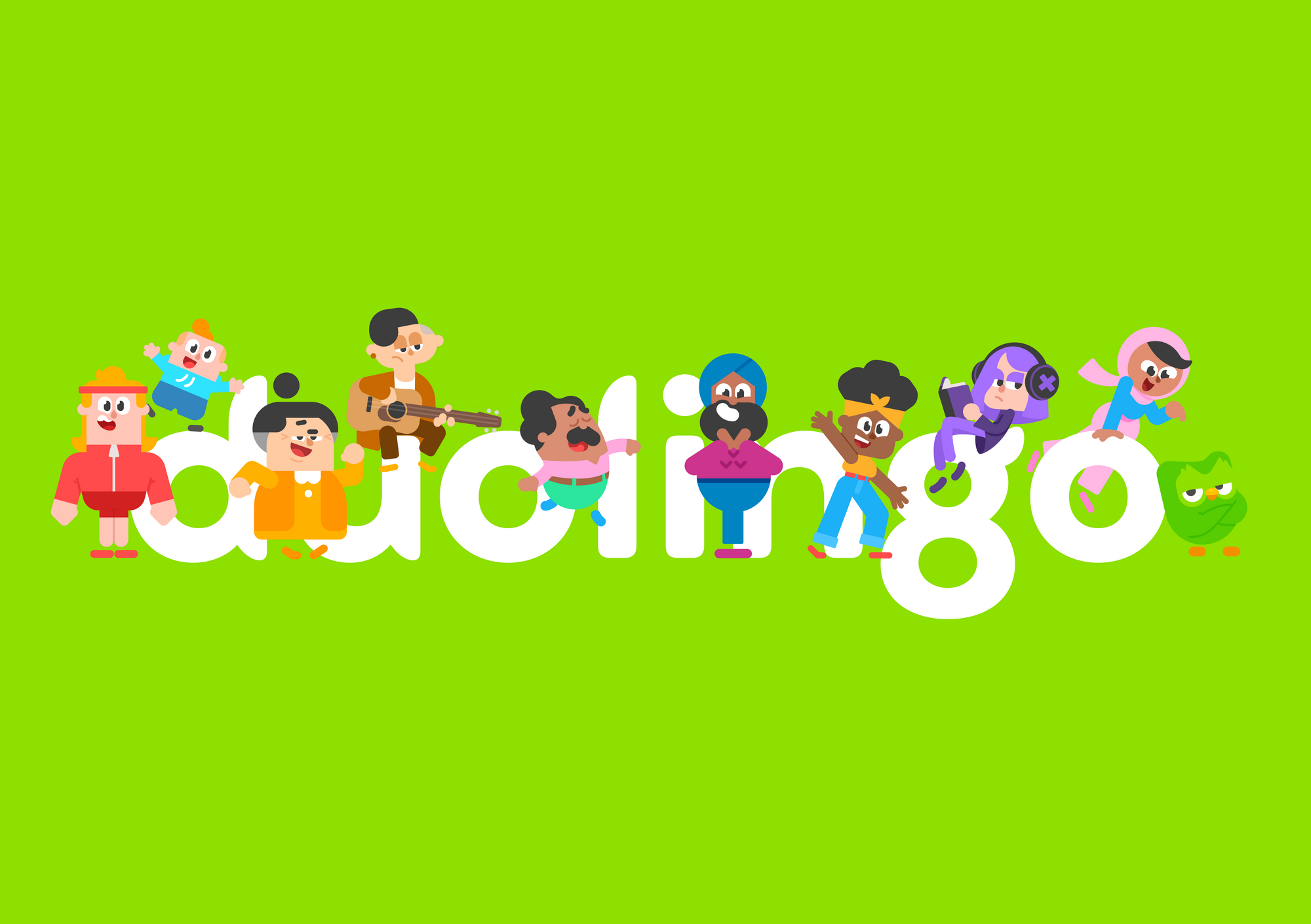By Jamie Beecroft, Year 12
Founded in 2011 by Luis Von Ahn and Severin Hacker, Duolingo has rapidly risen to fame and become a frequently used tool by those in pursuit of learning of a new language. Given its relatively new popularity, the accessibility of the app is the most likely reason for its success, as it is what sets it apart from other language learning services. With over 500 million users, the company has now expanded its field of education. The new apps include Duolingo Math, as the name suggests is designed to teach elementary level mathematics, and Duolingo ABC, which helps young children in learning the alphabet, phonics and other basic reading skills.
This begs the question: Is Duolingo truly an effective tool for language acquisition or is simply facilitating it for those too slothful to learn it by other means?
Duolingo’s main attraction is its convenience and ease of use. However, these factors also play a role in its key deficiencies as a learning tool. The majority of the exercises one must complete are matching words together and dragging terms to place them in the correct sequence. These simple and addictive exercises are what will encourage users to remain consistent users of Duolingo. Unfortunately, all of these ‘lessons’, fail to put into practice what learner are likely to need and use most, their vocal cords. This is what leads me to believe that Duolingo would be better used as a supplemental tool to in-class learning, or to sharpen up one’s vocabulary skills.
The secondary drawbacks are the limitations of online learning experiences such as Duolingo. An application simply cannot be interactive enough to submerge the learner into their language. At first, translating terms from another language to English can be a useful tool for fast learning, but when an individual acquires higher levels of proficiency within the language, communication is the next aspect to develop, which is not a skill enhanced by Duolingo programs.
Conversational skills are an aspect of language learning that Duolingo has not yet figured out how to improve in a sufficiently efficient manner. With the progress of AI in the form of Chat GPT, it is not unrealistic to imagine AI becoming an opportunity for Duloingo to improve its programs in the very near future. If this were to happen to a sophisticated degree, would programs similar to Duolingo eventually monopolise the education industry?
In conclusion, similar to learning a language in a class, doing a few minutes of Duolingo a day will provide you with basic vocabulary skills and supplement class learning. However, what it will not do is make you fluent in your chosen language. Fluency is a high level of skill within a language that can only be achieved if you practise it consistently in your day-to-day life. Nevertheless, if you are in search of a way to be productive and become proficient in a new domain, then doing your Duolingo everyday either on your commutes or as a way to relax, there is no more convenient option. For now, Duolingo remains limited in its abilities to enhance our learning, but it may begin to encroach further and further into education in the future…



